Dual Fuel Conversion kits enable diesel engines to run on a mixture of natural gas and diesel fuel. This enables cheaper power generation, a cleaner environment and longer generator life because natural gas is a much cleaner fuel than diesel. Practical tests have revealed that the internal condition of an engine operating on dual fuel remains much better than when it is being operated only on diesel fuel. Engine life is prolonged and the time between overhauls can be increased. Dual Fuel operation also minimizes problems associated with cartage, storage and handling of large volumes of diesel fuel. Equally importantly, the many advantages of diesel engines are retained in their entirety.
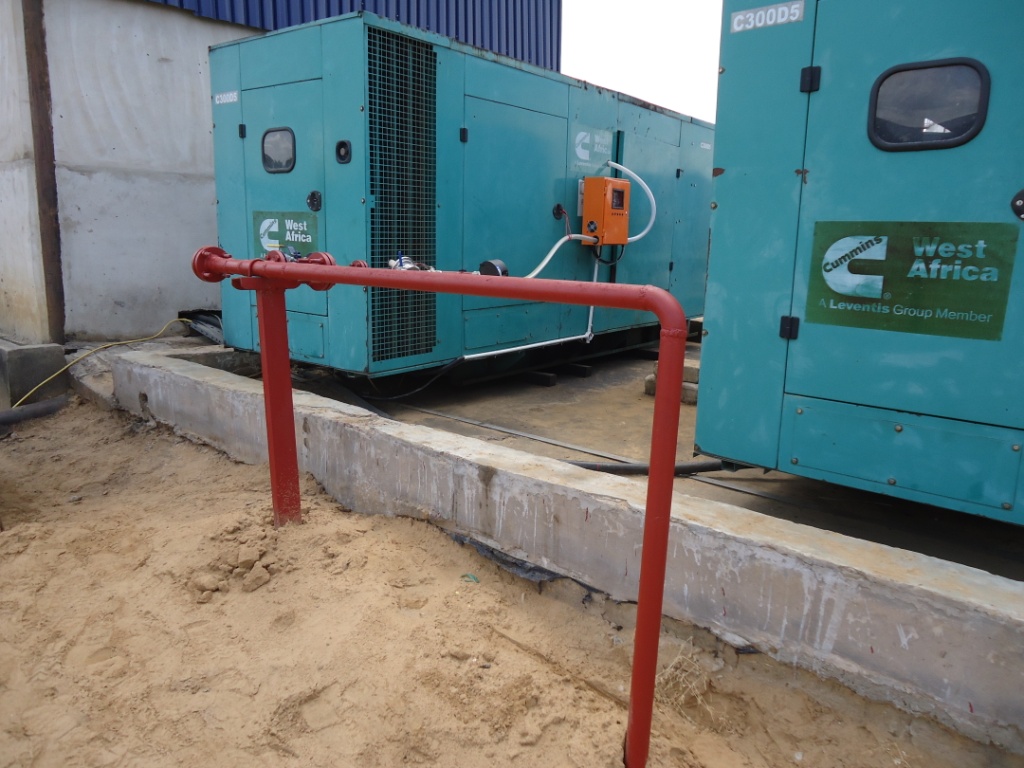
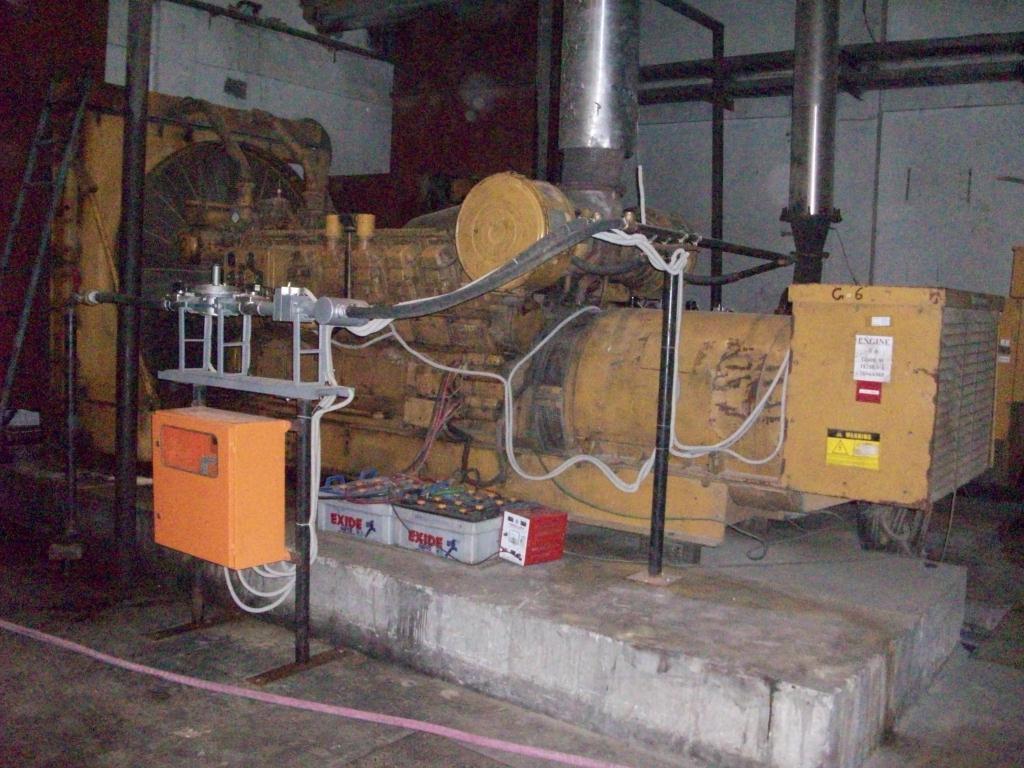
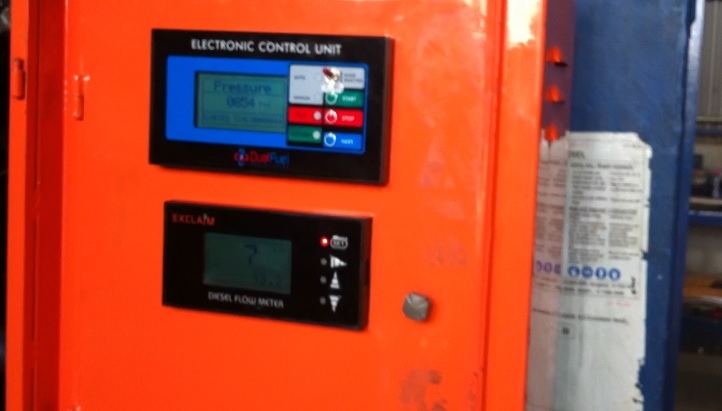
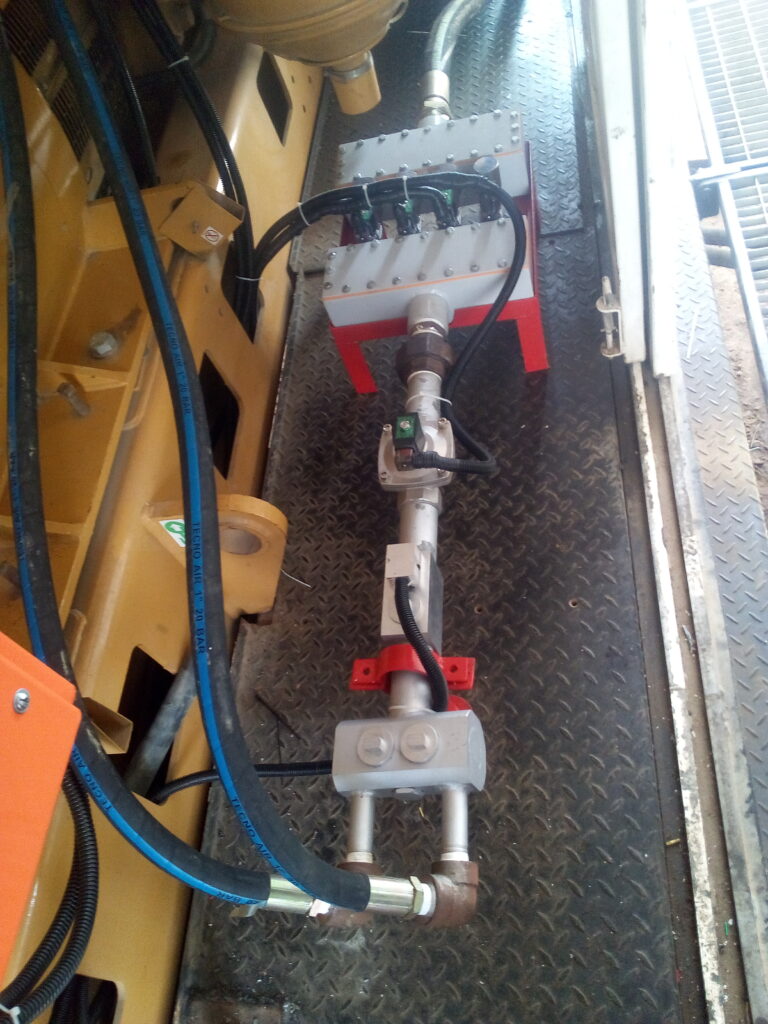
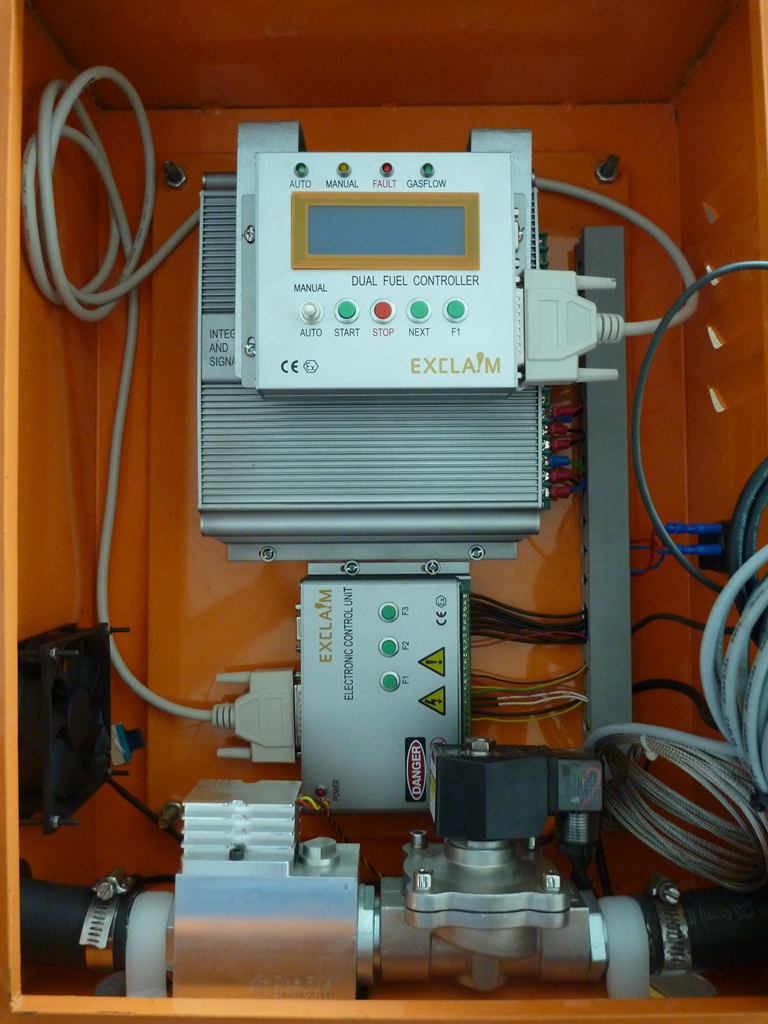
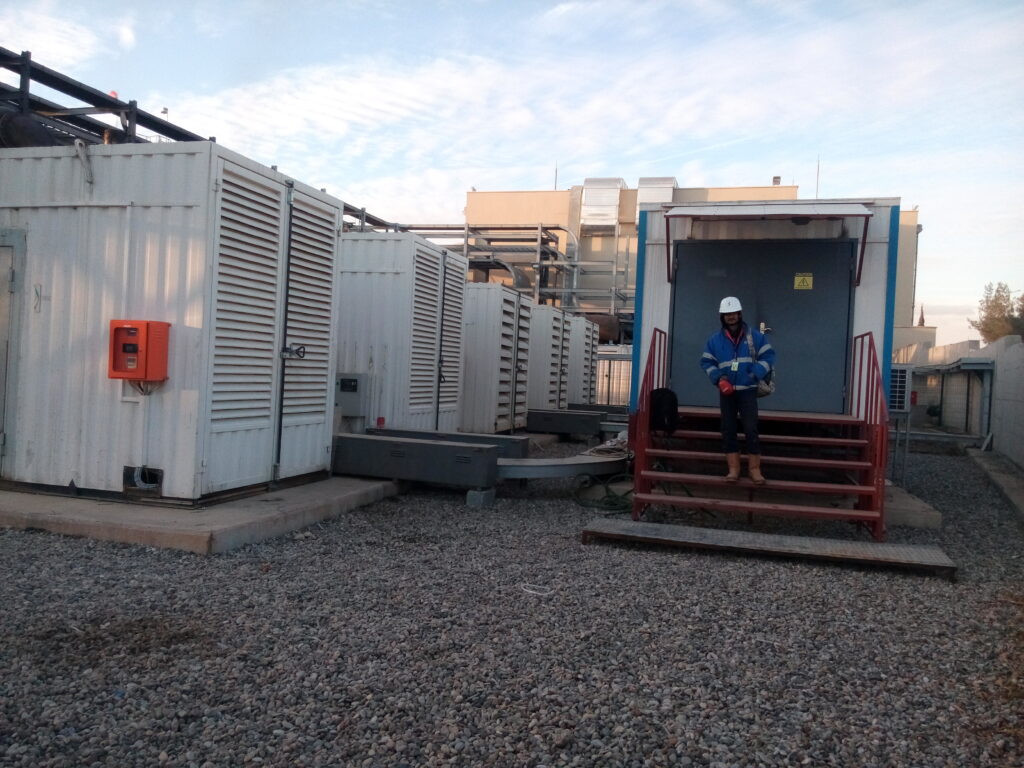
In dual fuel mode, the operation of the engine combines the use of natural gas and diesel fuel to achieve efficient combustion and power generation. Here’s how the process typically works:
- Natural Gas Introduction: Natural gas is introduced into the engine’s intake system where it mixes with air. This creates a leaner air-to-fuel ratio compared to traditional spark-ignited engines.
- Compression Stroke: During the compression stroke of the engine, the air-natural gas mixture is compressed in the cylinder.
- Diesel Fuel Injection: Near the end of the compression stroke, a small amount of diesel fuel is injected into the cylinder. The diesel fuel serves as a pilot ignition source due to its high auto-ignition temperature.
- Combustion Process: The diesel fuel ignites due to compression and serves to ignite the lean air-natural gas mixture in the cylinder. This simultaneous combustion process ensures that the natural gas is effectively burned for power generation.
- Operational Modes: The dual fuel engine can operate in two primary modes:
- 100% Diesel Mode: Operating solely on diesel fuel, providing standard power output characteristics of a diesel engine.
- Dual Fuel Mode: Operating with a mixture of diesel fuel and natural gas. This mode maintains the same power density, torque curve, and transient response as the base diesel engine, ensuring consistent performance.
- Performance Characteristics: Dual fuel engines are designed to deliver comparable performance to standard diesel engines in terms of power density (power output per unit of displacement), torque curve (variation of torque with engine speed), and transient response (ability to respond to sudden load changes).
- Benefits: The use of natural gas in dual fuel engines offers several advantages, including:
- Fuel Cost Savings: Natural gas is typically cheaper than diesel fuel, leading to operational cost savings.
- Emissions Reduction: Combustion of natural gas produces lower emissions of particulate matter and nitrogen oxides compared to diesel fuel alone.
- Flexibility: Dual fuel operation provides flexibility in fuel choice based on availability and cost, enhancing operational efficiency and resilience.
Overall, dual fuel engines represent a versatile and efficient solution for applications requiring reliable power generation while optimizing fuel consumption and emissions performance.
In the oil and gas market, fuel is one of the largest contributors to total cost of operation. Dual Fuel engines allow for impressive reductions in these costs. The rapid expansion and abundance of natural gas in some areas of the world provides a dramatic cost advantage.